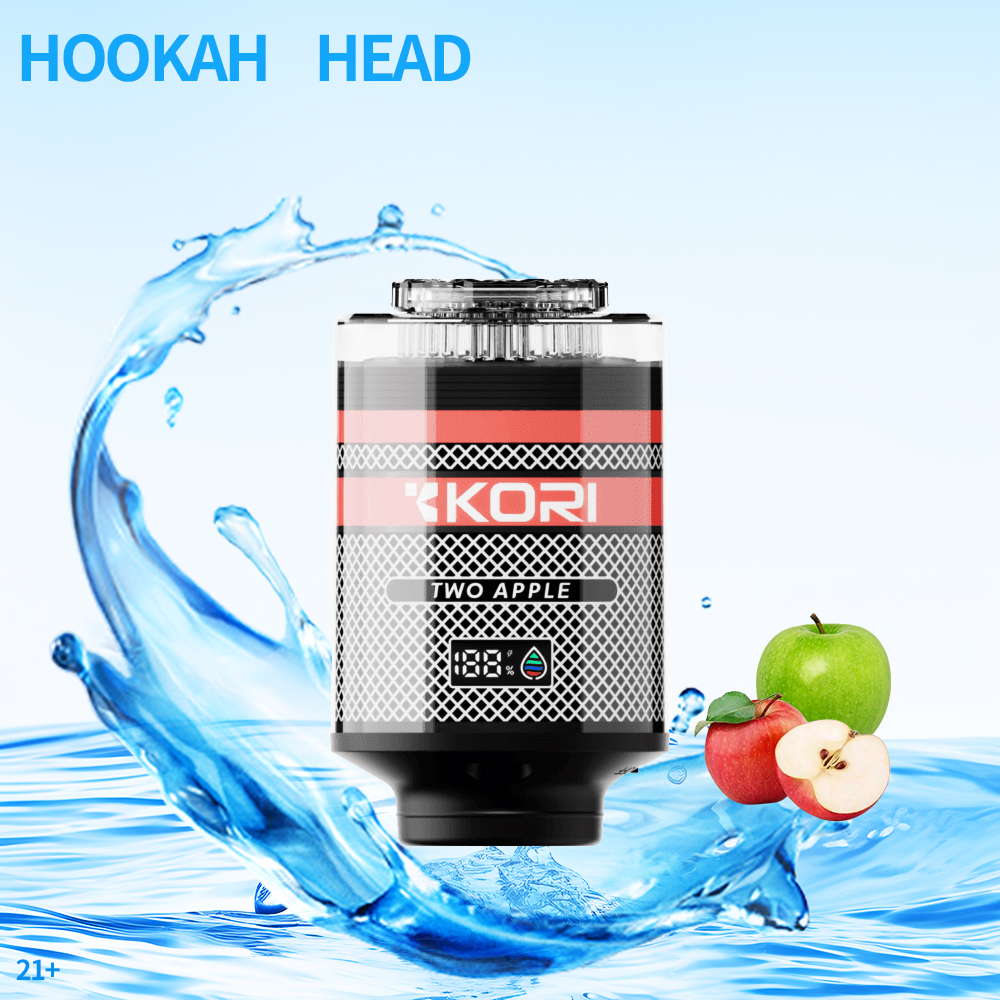Why Do Vape Shops Fail? An In-Depth Analysis of Common Pitfalls
In recent years, the vaping industry has seen explosive growth, attracting entrepreneurs eager to cash in on the trend. However, despite its rapid expansion, a significant number of vape shops struggle to survive. Understanding the reasons behind the failure of these businesses is essential for current and prospective shop owners. In this article, we will explore the common pitfalls that lead to the downfall of vape shops, providing insight into best practices that can help ensure success in the competitive landscape of vaping.
The Saturated Market
One of the biggest challenges facing vape shops today is the saturated market. As vaping gains popularity, new shops are opening up at an alarming rate. According to industry reports, the number of vape shops in the U.S. increased by over 300% in just five years. This intense competition means that many shops struggle to differentiate themselves from others in their area, leading to decreased sales and ultimately closing their doors.
Regulatory Challenges
The vaping industry is heavily regulated, with changing laws impacting how businesses operate practically daily. From age restrictions to packaging requirements and flavor bans, vape shops must navigate a complex web of regulations that can vary significantly from state to state. Failing to comply with these laws can lead to fines, closure, or even criminal charges, putting vulnerable shops in jeopardy. Owners may find themselves overwhelmed with the legal aspect of running their business, leading to mistakes that compromise their establishment’s integrity.
Poor Location Choices
The success of a retail business heavily relies on its location. Many vape shops choose locations based primarily on affordability rather than foot traffic or visibility. A hidden shop in an obscure part of town is unlikely to attract customers when competition is just a few blocks away in a high-traffic area. It’s essential for business owners to conduct comprehensive market research to identify a location that aligns with their target demographic. Factors like nearby businesses, accessibility, and parking can play a crucial role in the shop's overall success.
Neglecting Target Audience
Catering to the right audience is vital for any retail business, particularly vape shops. Many shop owners fail to adequately identify and understand their target demographic. Vaping attracts a diverse range of customers, from teenagers to older adults seeking alternatives to traditional smoking. Owners must tailor their product offerings, marketing strategies, and in-store experience to resonate with their specific audience. Failing to connect with customers can result in low foot traffic and dwindling sales.
Ineffective Marketing Strategies
Marketing can make or break a business, yet many vape shops underestimate its importance. Relying heavily on word-of-mouth or simply opening doors without a clear promotion strategy may work temporarily but is not sustainable. Effective digital marketing strategies that include social media engagement, SEO, targeted ads, and influencer partnerships are essential in reaching potential customers. If shops don’t invest time and resources into their marketing efforts, they will find themselves overshadowed by competitors who do.
Lack of Product Knowledge
When customers walk into a vape shop, they expect to engage with knowledgeable staff that can provide recommendations and answer questions. Unfortunately, many vape shop employees lack the necessary product knowledge, which can result in poor customer service. A staff that is not trained well might struggle to explain the differences between products, such as vape pens, e-liquids, and mods, leading to customer frustration. Training employees thoroughly and fostering a culture of continuous learning can dramatically enhance the shopping experience, building customer loyalty in the process.
Inventory Mismanagement
Proper inventory management is crucial for maintaining a successful vape shop. Carrying too much of a non-selling product ties up capital and space, while not having enough stock of popular items can lead to missed revenue opportunities. Vape shops must analyze sales trends to determine which products are performing well and which aren’t. Additionally, managing relationships with suppliers to ensure timely stock replenishment is key for keeping shelves well-stocked with what customers want.
Ignoring Customer Feedback
In today’s customer-driven market, businesses that ignore feedback risk losing valuable insights. Many vape shop owners fail to solicit or pay attention to customer opinions, potentially leading to decisions that do not align with their audience's preferences. Engaging with customers via surveys, social media, and in-store dialogues can provide invaluable data that can be used to refine product offerings and improve customer service.
Failure to Adapt to Trends
The vaping market is constantly evolving, with new trends emerging regularly. From innovative devices to unique flavors, consumer preferences can shift rapidly. Many vape shops may cling to outdated inventory and ignore new trends, causing them to fall behind the competition. Staying updated with industry news and trends is essential for shop owners who wish to remain relevant. Embracing new products and marketing strategies helps meet customer demands and keeps shops competitive.
Inadequate Customer Engagement
Building a loyal customer base is vital for any retail business, and vape shops are no exception. Many owners fail to foster community engagement, which can lead to a lack of customer retention. Hosting events, offering loyalty rewards, and creating an inviting atmosphere can enhance the customer experience and encourage repeat visits. Engaging with customers both online and offline helps create a community of loyal patrons that support the shop long-term.
Financial Mismanagement
Finally, one of the most common reasons vape shops fail is poor financial management. A lack of accounting knowledge, overly optimistic sales projections, and inadequate budgeting can lead to a shop running into financial difficulties. Owners must have a clear understanding of their expenses, revenue, and profit margins. Seeking professional assistance or using accounting software can help maintain financial health and stability.
Operating a vape shop comes with its unique challenges and steep learning curves. By understanding common pitfalls, business owners can take proactive measures to avoid failure and create a thriving enterprise. The key lies in continuous learning, customer engagement, strategic marketing, and savvy financial management. With the right approach, vape shops can navigate the complex landscape and ensure long-lasting success.





